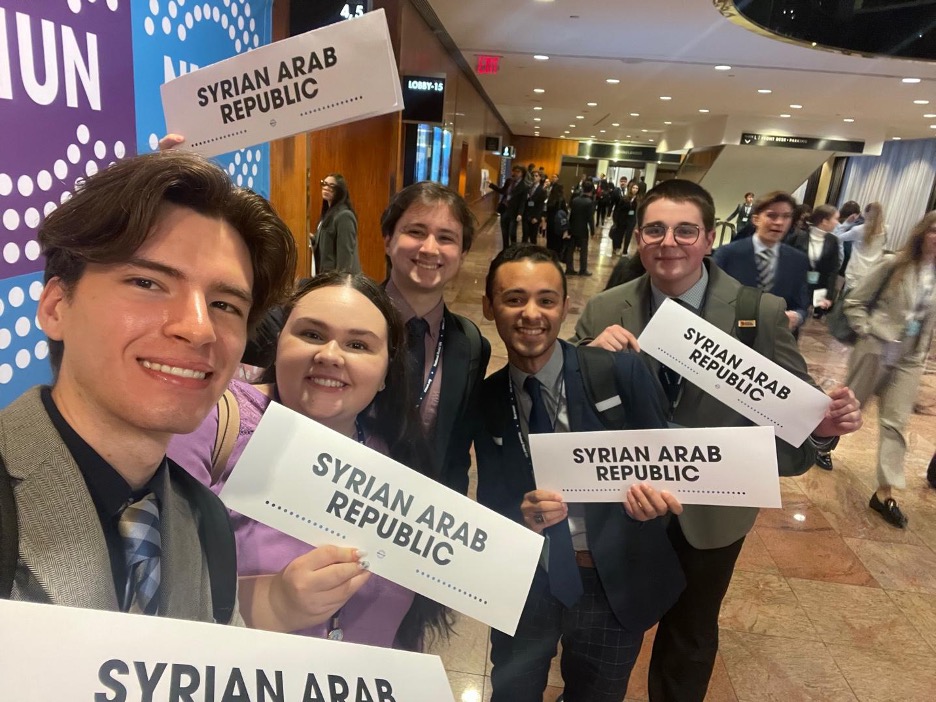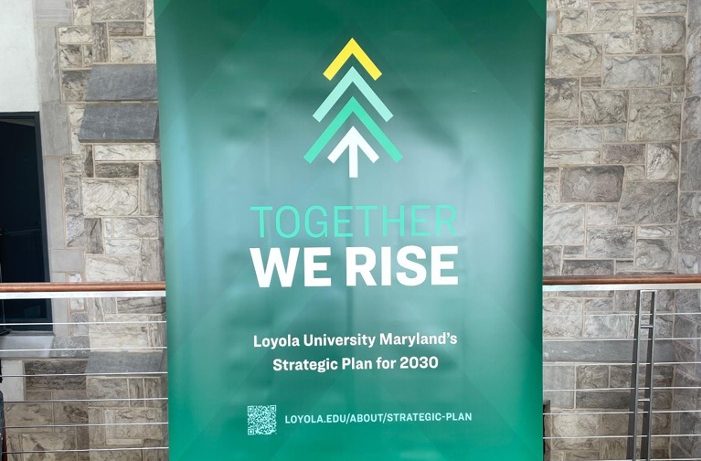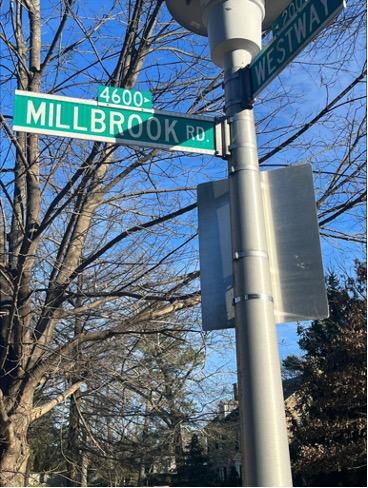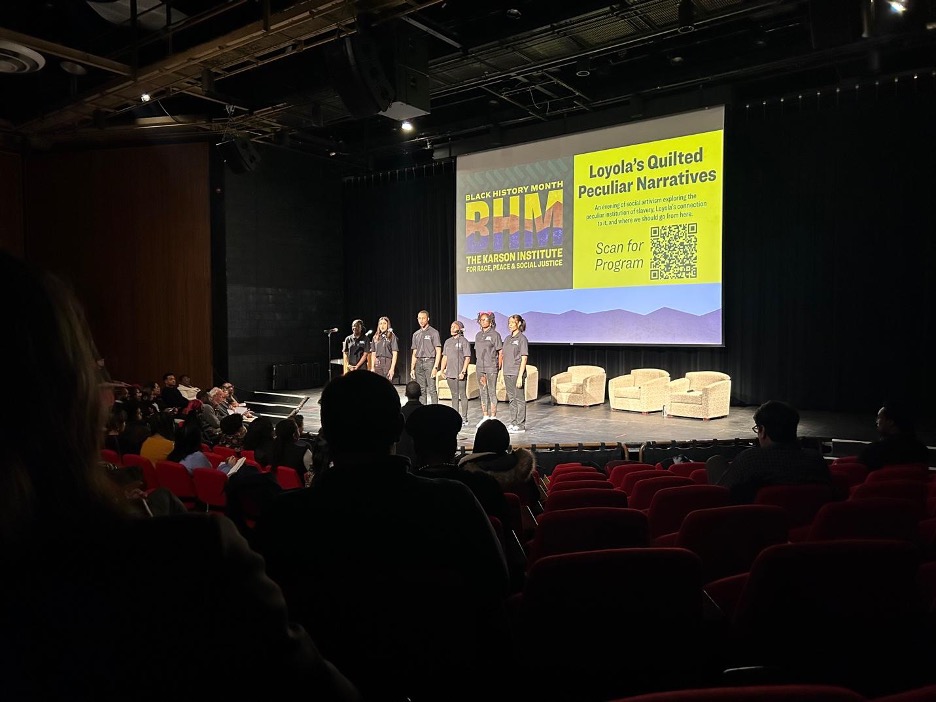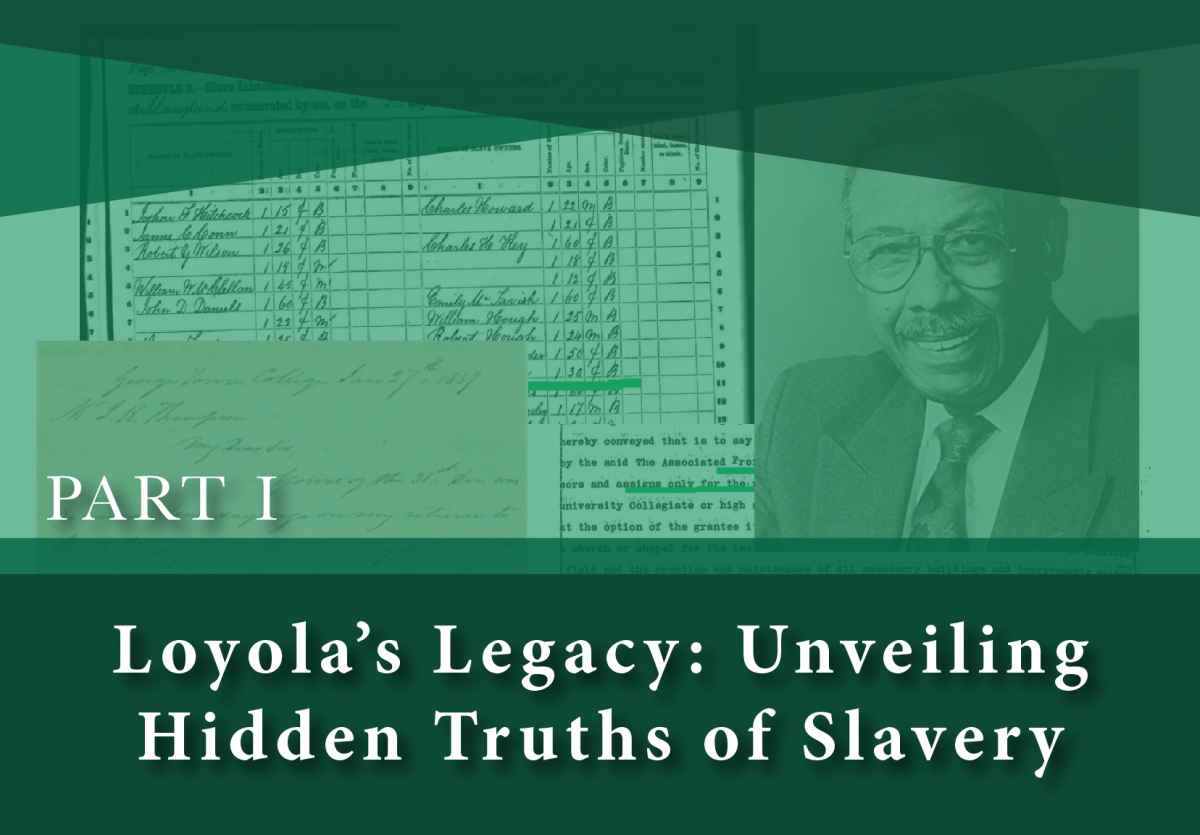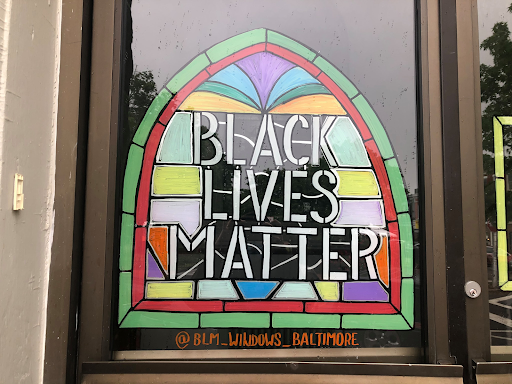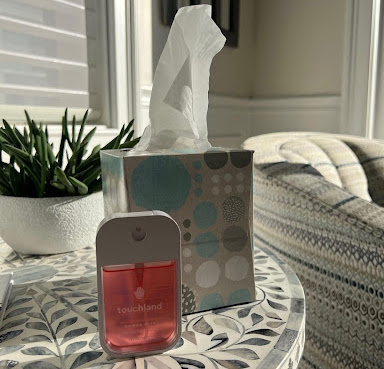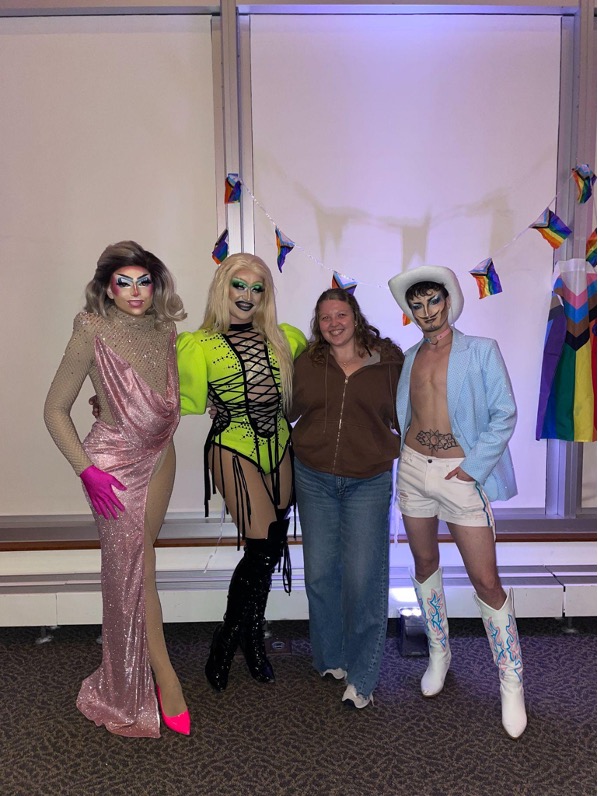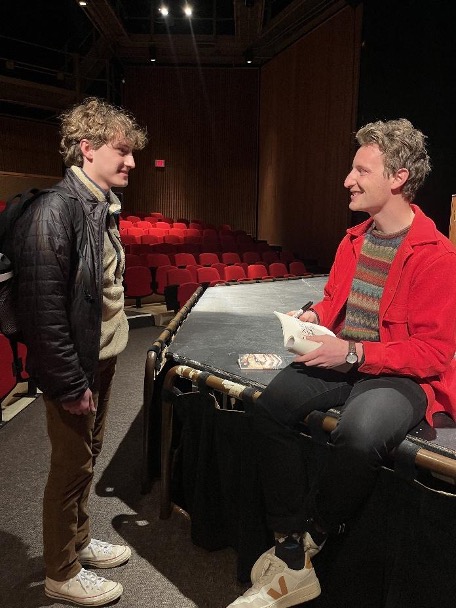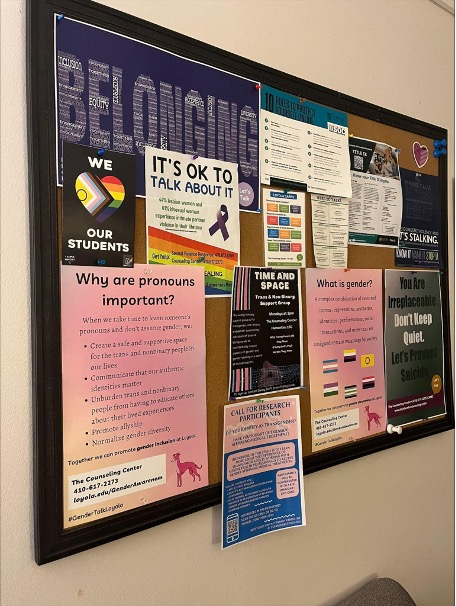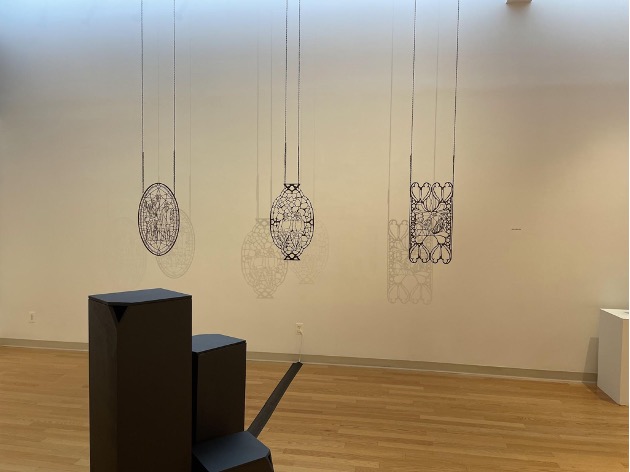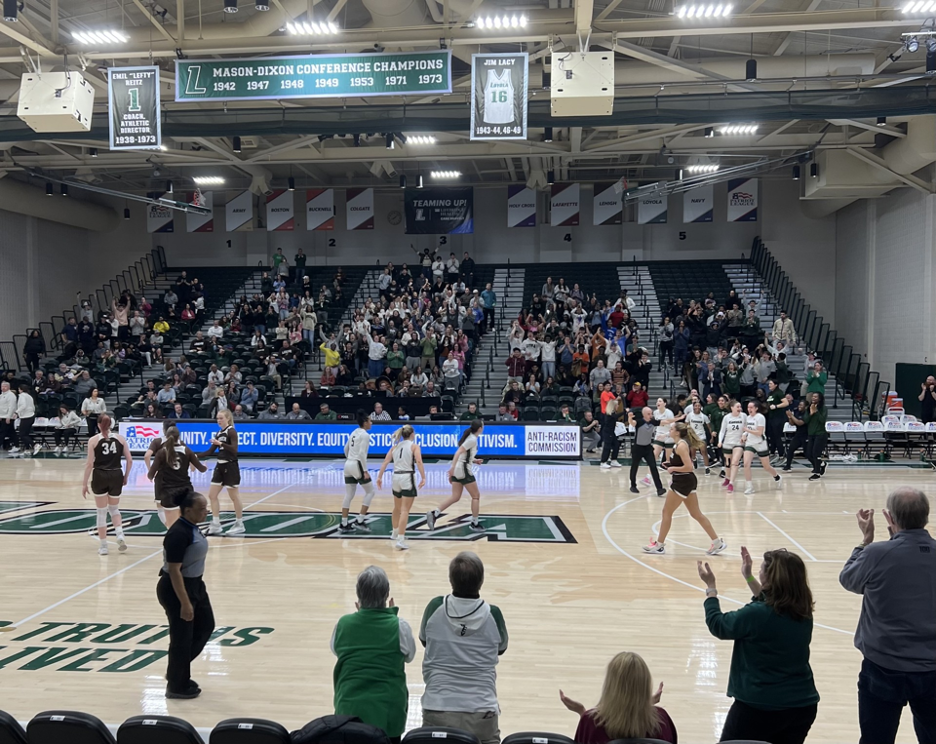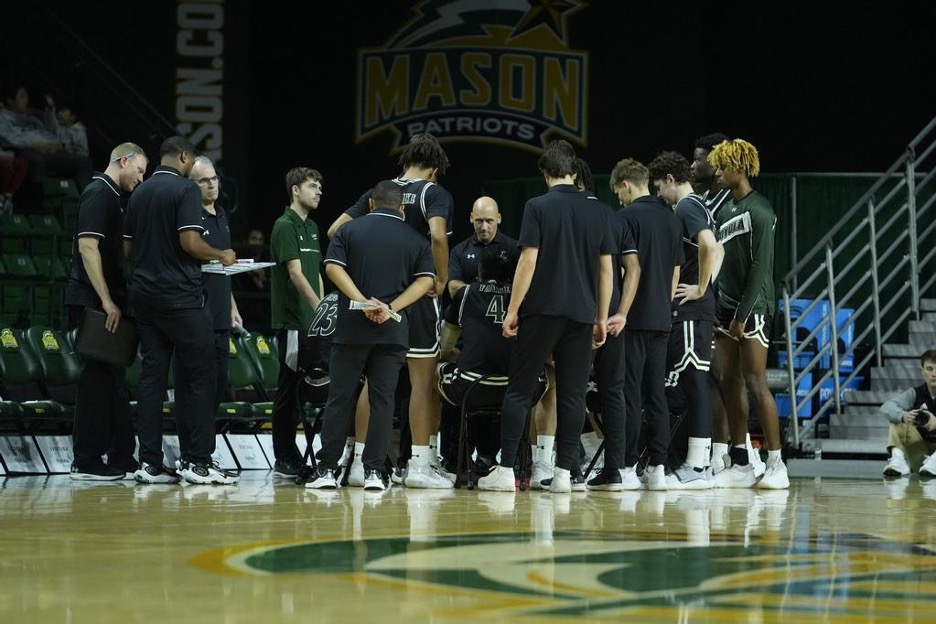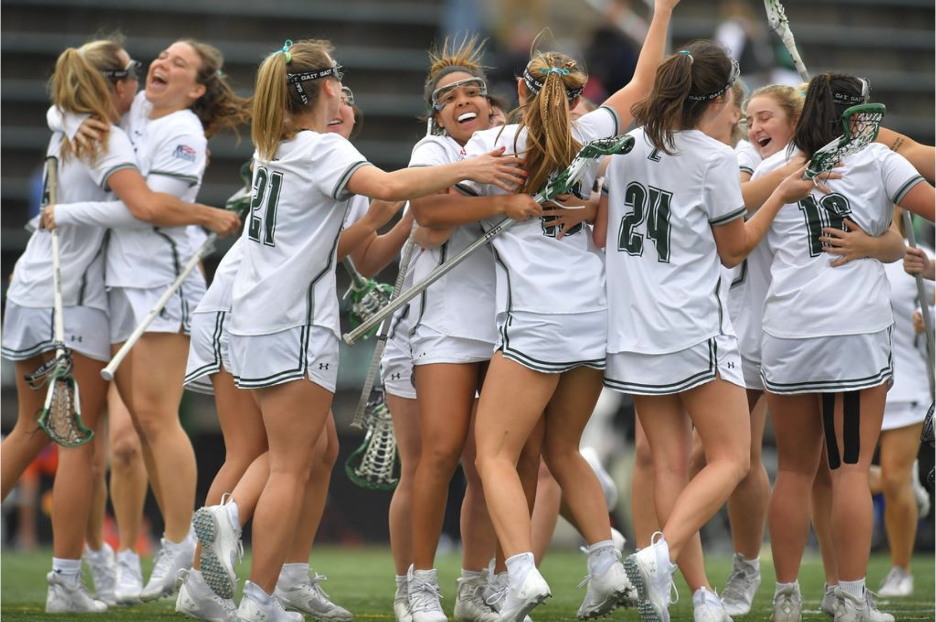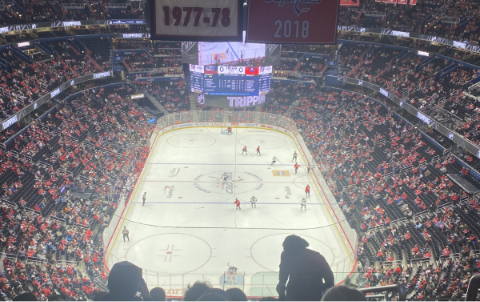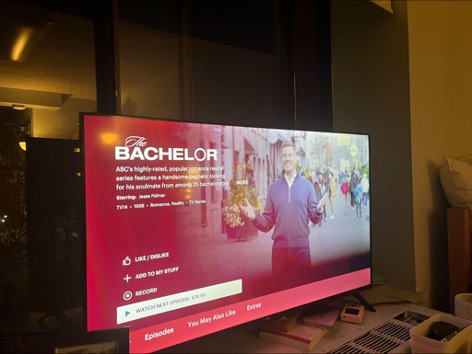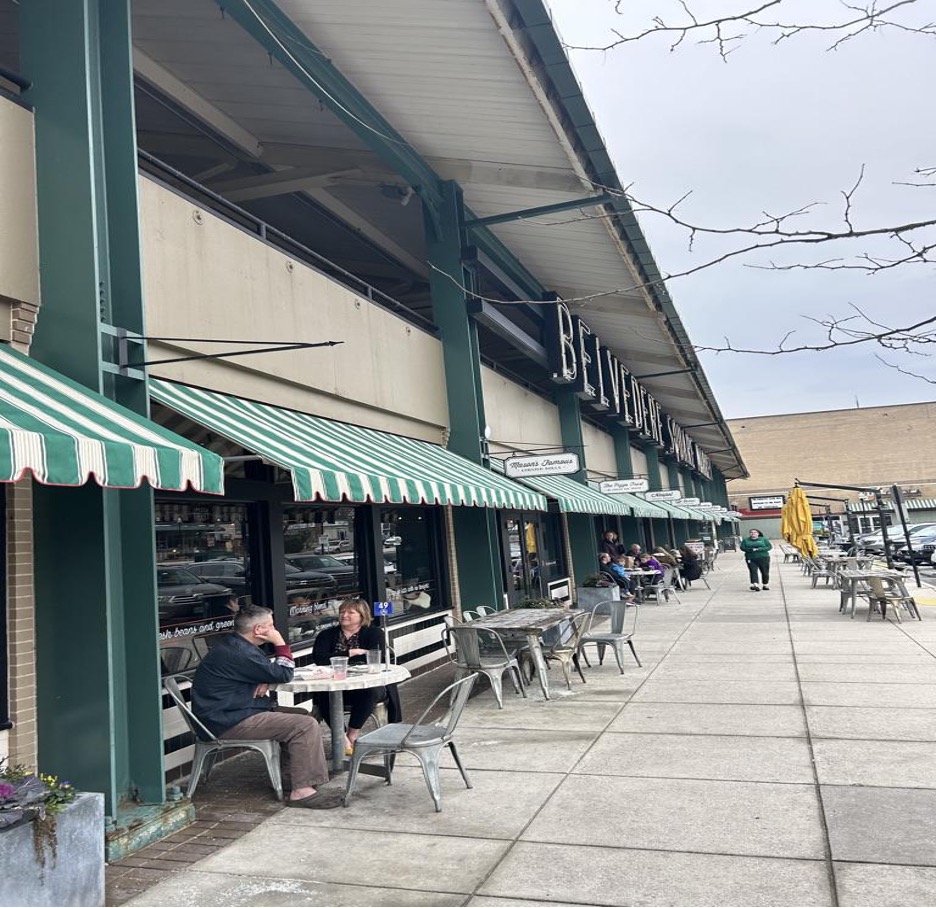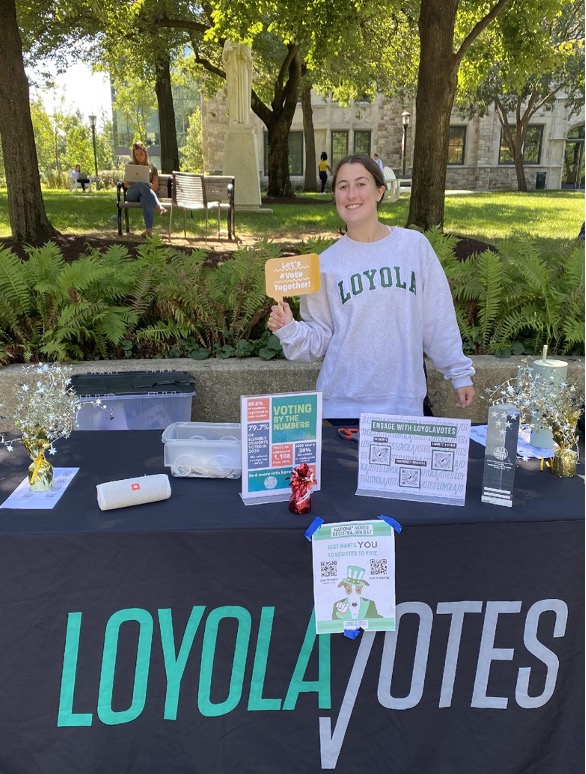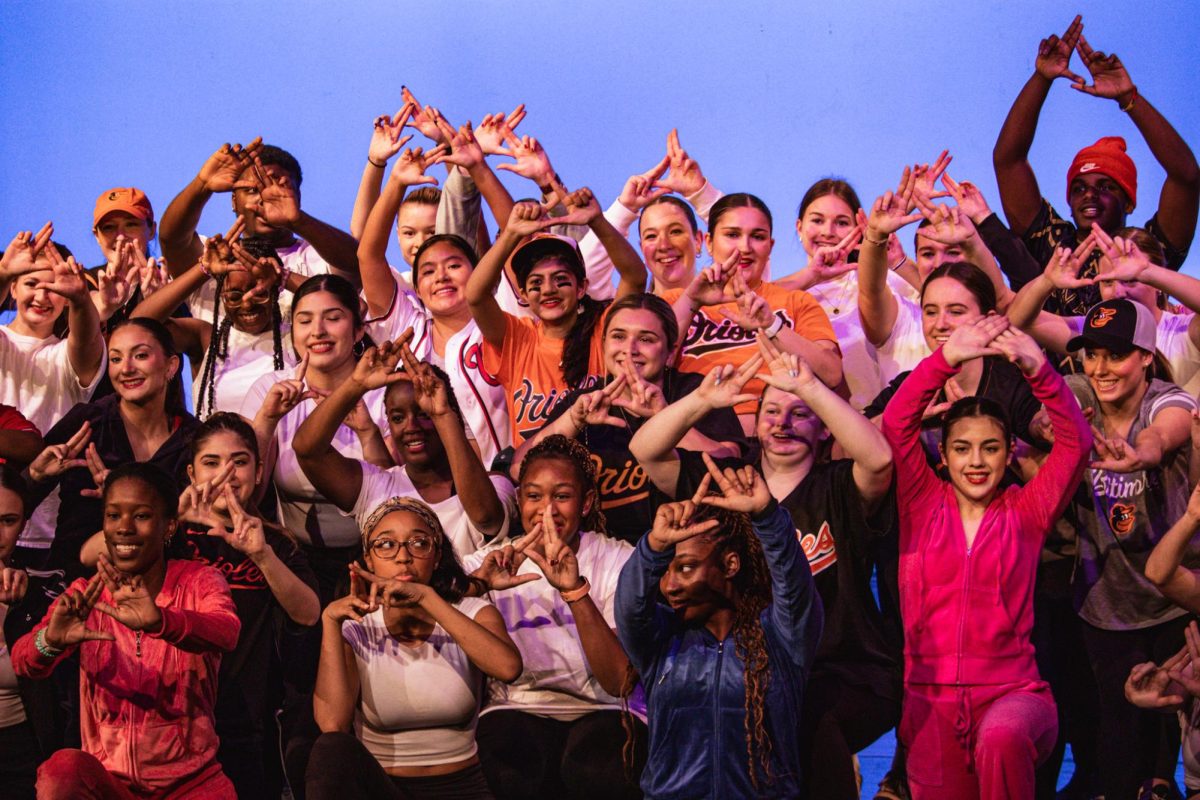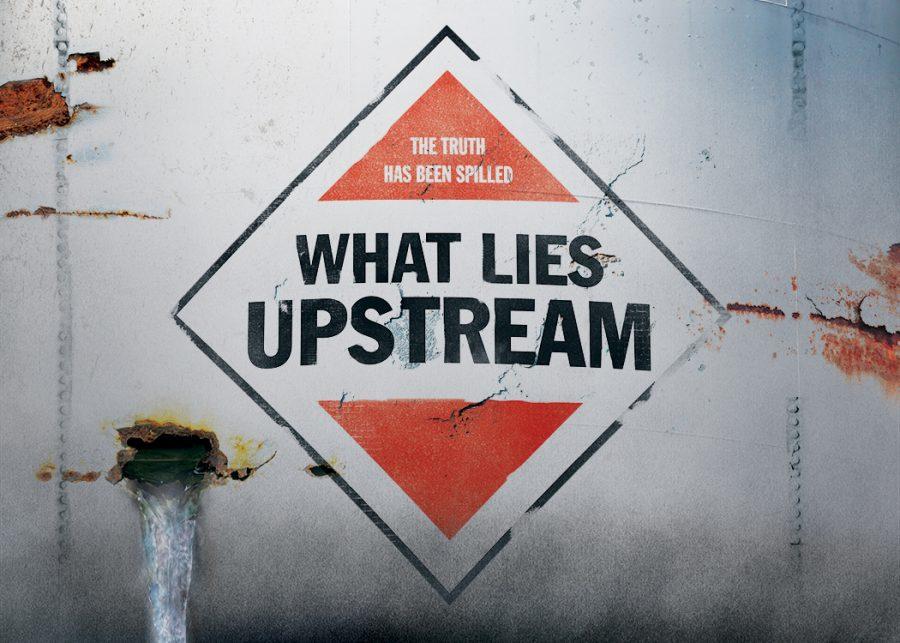When filmmaker Cullen Hoback investigated the 2014 Elk River chemical spill in West Virginia, he found unsafe conditions and a governmental system that did not prioritize the citizens’ welfare.
Hoback’s film, “What Lies Upstream,” was shown on October 22nd in McGuire Hall as part of the Baltimore Environmental Film Series. The showing of the film was also a part of the Messina event schedule for the month of October. The movie focuses on the effects of the chemical spill, which contaminated drinking water for over 300,000 residents.
During his research, Hoback discovered troubling information about water testing, the Environmental Protection Agency (EPA), and government oversight in America. At the conclusion of the film, there was a discussion segment where students and faculty discussed the film and their own experiences. The main discussion panel was led by Beatrice Mills, ‘20, Elisabeth Freer, ‘19, graduate student Elizabeth Nawrocki and Loyola professor and local pediatrician Dr. Maria Brown.
The film begins with Hoback examining the sites of the supposed chemical leaks. He is able to observe that certain coal mining equipment and water tanks are dilapidated and may have resulted in these leaks. Hoback follows the story of the water contamination from the time it began in 2014 up until late 2017. He discovers that there is a deep bureaucracy within the environmental leadership in West Virginia.
While there are some individuals trying to uphold regulations, agencies such as the EPA are found to be incompetent in matters of water safety. Hoback finds that there seems to be little concern for the actual citizens in these matters.
Both the state government of West Virginia and the water companies seem to be more concerned with making money rather than ensuring the safety of their consumers. Hoback’s investigation uncovers wide public distrust in West Virginia and documents government officials’ hesitation to declare drinking water to be “safe.”
The discussion panel began by reflecting on their own experiences with environmental issues. Mills and Freer both participated in a Spring Break Outreach (SBO) trip to West Virginia in 2017 through the Center for Community Service and Justice (CCSJ). During their visit, they found that even three years after the water contamination, some citizens did not trust their water supply.
“There were still some people who were unwilling to drink, bathe or cook with the water,” Freer said.
Dr. Brown, a public health expert, discussed the effects of contaminated water on pregnant women and their children. She also talked about the importance of finding health information that is unbiased.
“When you look at health-based organizations who have no other motivation other than to protect health, that is a reliable source,” Brown said.
Nawrocki shared her experiences from living in West Virginia and working with the Appalachian Institute at Wheeling Jesuit University.
“What’s really important to recognize is that these problems stem from coal mining. If we think that we are purchasing clean coal, that is absolutely false,” Nawrocki said. She also discussed the cleaning agents used on this coal that contain harmful chemicals. “People are actually suffering from this.”
Films like “What Lies Upstream” have spread awareness of water contamination incidents, but some people in West Virginia are still skeptical about the negative environmental effects. Mills recalled conversations she had with residents about the situation.
“We talked with community members who did not believe that there was a water crisis. They didn’t believe that their water had ever been contaminated,” Mills said.
The showing of “What Lies Upstream” was part of the Messina event schedule for the month of October. The next Messina event will be a Martin Luther King Panel Discussion on Wednesday, Nov. 7 at 4 p.m. in the 4th Floor Programming Room.
For those interested in engaging in social justice issues such as the ones presented in the film, applications for this year’s SBO trips are due on Thursday, Nov. 1.


